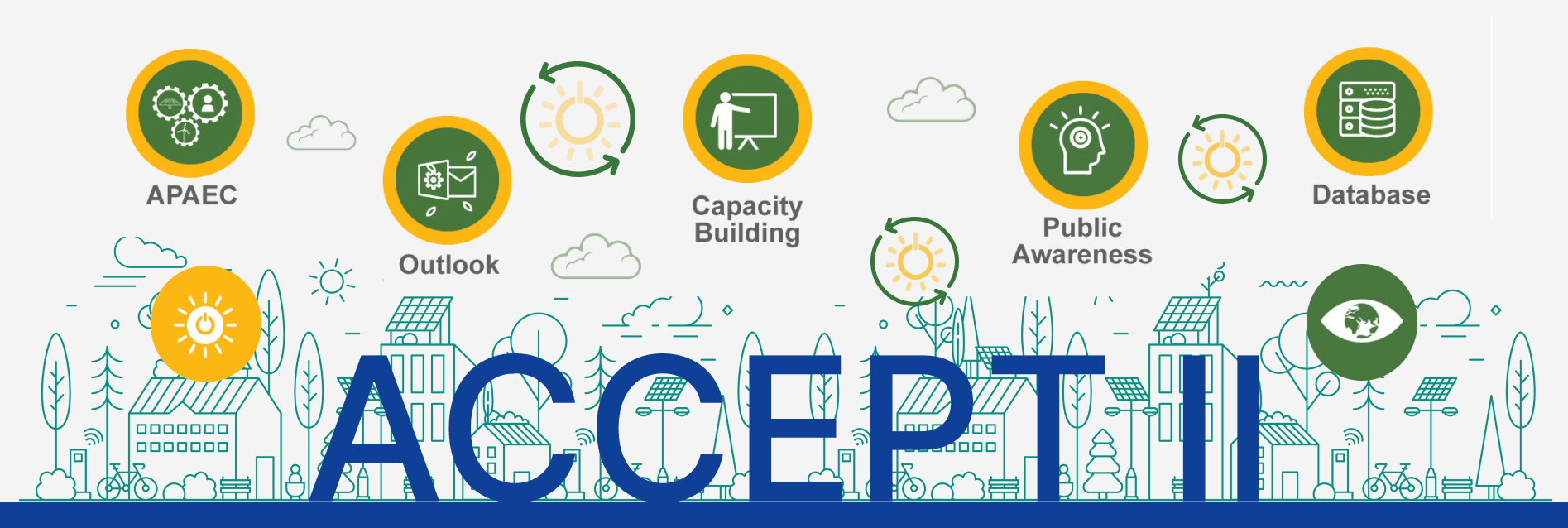Enhance ASEAN’s Capacity as a low carbon economy towards a net zero future
The 27th United Nations Framework Convention on Climate Change (UNFCCC) Conference of the Parties (COP) was arguably a turning point for Southeast Asia where the nations in the region have increased their ambition for a low-carbon economy. To date, almost all the ASEAN Member State (AMS) have announced net zero emissions pledges, covering for about 91 percent of the region’s total carbon emissions.
Maintaining the pace of this growing ambition and seizing decarbonisation opportunities are essential as the path towards achieving net-zero in the region is narrow and brief. As the commitments have been made at national levels, the promotion of information sharing on the energy-climate nexus in the ASEAN energy sector is crucial to be in line with regional aspirations for the energy transition to low carbon economies and to contribute to the global aspirations toward carbon neutrality or net-zero in the coming years.
Inadequate information-sharing and coordination across the climate-energy policy may impede the energy transition in the ASEAN region. Many energy actors see climate policy as separate and irrelevant from energy policy, while most greenhouse gas emissions come from the energy sector. Moreover, the lack of capacity in the ASEAN countries has also constrained their energy transition towards low carbon energy systems and carbon neutrality or net-zero in the coming years.
Therefore, it is important to enhance ASEAN’s capacity as a low carbon economy towards carbon neutrality and a net zero future (Project Outcome 2). Through capacity building activities, ACCEPT II aims to enhance the level of knowledge and understanding of the policymakers, via Regional Energy Policy and Sub-sector Network (REPP-SSN) Focal Points from the energy ministry or equivalent government institution in each ASEAN Member States on the concept of low carbon economy and net zero as well as the policy implications (Project Output 2.1). The project also aims to strengthen the regional structure, capacity, and gender equality on energy-climate nexus (Project Outcome 3), one of them by improving the effectiveness of institutional governance when dealing with climate-related energy issues. This includes revisiting the management framework within ACE and its role in coordinating with other ASEAN centres and sectoral body (Project Output 3.1).
ACCEPT II will also provide a regional knowledge hub on energy-climate and net zero with integrated dissemination activities (Project Output 3.2). As capacity building efforts need greater coordination, coherence, review and reporting especially on information sharing; ACCEPT will build this knowledge portal to further improve the dissemination of knowledge on energy-climate nexus. Furthermore, the project will also promote gender equality through all its activities and events (Project Output 3.3).

